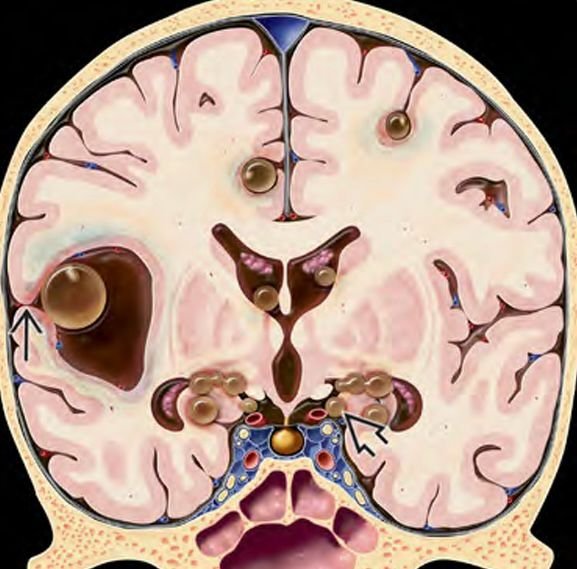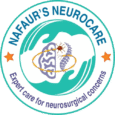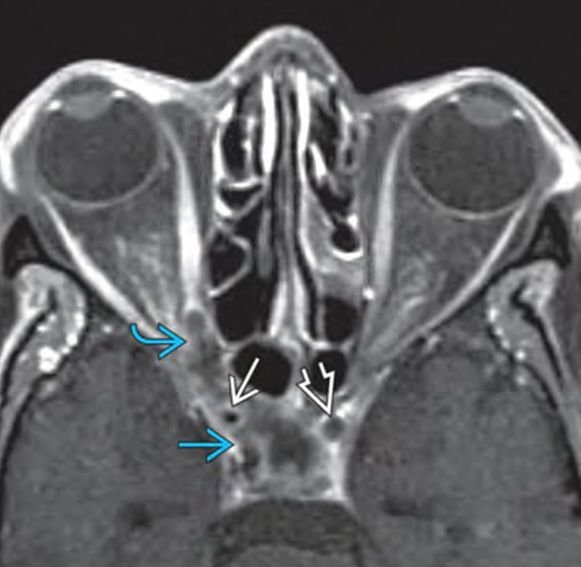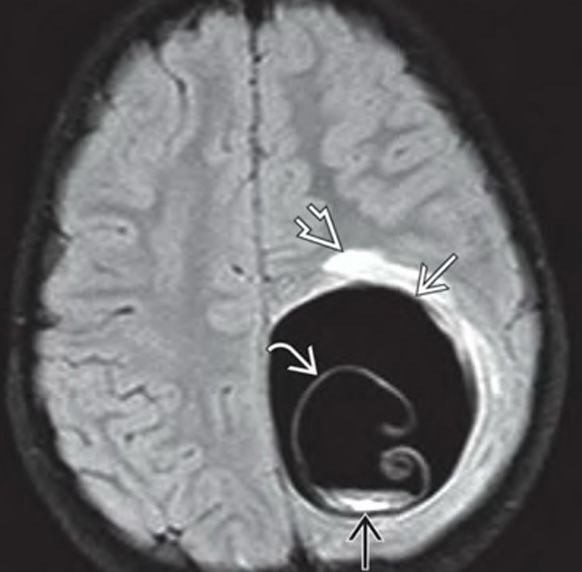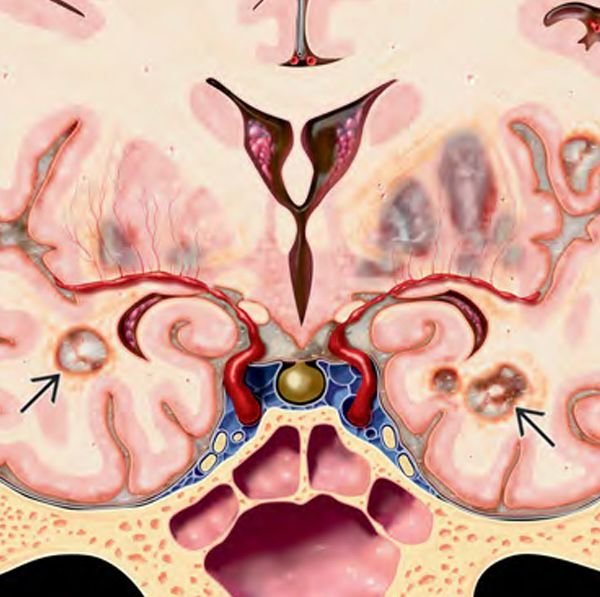Toxoplasmosis
Toxoplasmosis
Pediatric Toxoplasmosis is a parasitic infection caused by the protozoan Toxoplasma gondii, which can have serious neurological consequences in children, especially when acquired congenitally or during early childhood. In Bangladesh, with its dense population and varying sanitary conditions, toxoplasmosis remains a significant health concern. The infection can lead to brain inflammation, developmental delays, seizures, and other neurological impairments if not diagnosed and managed promptly. Dr. Md. Nafaur Rahman, an expert pediatric neurosurgeon in Bangladesh, provides specialized care and advanced treatment for pediatric toxoplasmosis, focusing on early diagnosis, surgical intervention when necessary, and comprehensive follow-up. Causes and Transmission in Bangladesh Context Toxoplasma gondii is primarily transmitted through ingestion of undercooked or contaminated meat, exposure to infected cat feces, or congenitally from mother to fetus. In Bangladesh, traditional food habits, close contact with domestic cats, and lack of widespread public awareness contribute to ongoing transmission risks. Pregnant women infected during pregnancy risk passing the infection to the fetus, leading to congenital toxoplasmosis, which can cause severe neurological damage. Immunocompromised children, such as those with HIV/AIDS, are at higher risk for severe manifestations. Clinical Presentation in Children Pediatric toxoplasmosis can present in various forms depending on the age and immune status of the child: Congenital Toxoplasmosis: May cause hydrocephalus, intracranial calcifications, chorioretinitis, seizures, developmental delays, and cerebral palsy. Acquired Toxoplasmosis: Often asymptomatic but can cause fever, lymphadenopathy, and mild neurological symptoms. In immunocompromised children, it can progress to severe encephalitis. Neurological symptoms include headaches, seizures, altered mental status, and focal neurological deficits. Delayed diagnosis can result in permanent brain injury and vision loss. Diagnostic Strategies Early and accurate diagnosis is critical for effective management: Serological tests (IgM and IgG antibodies) to detect acute or past infections. Neuroimaging (MRI and CT scans) to identify characteristic brain lesions such as ring-enhancing lesions or calcifications. PCR testing of cerebrospinal fluid for T. gondii DNA, especially in difficult cases. Ophthalmologic examination to detect chorioretinitis. Clinical correlation with maternal history and prenatal screening is essential. Treatment Approaches Treatment aims to eradicate the parasite, reduce inflammation, and prevent neurological damage: Combination therapy with pyrimethamine, sulfadiazine, and folinic acid is the standard of care. Corticosteroids may be used to manage cerebral edema. Early treatment of congenital toxoplasmosis improves neurological outcomes. Neurosurgical intervention is rarely required but may be necessary for managing complications such as hydrocephalus or brain abscesses. Long-term follow-up includes monitoring neurological development, vision, and hearing. Challenges in Bangladesh Limited awareness and screening programs for toxoplasmosis in pregnant women. Lack of widespread diagnostic facilities in rural areas delaying timely diagnosis. Socioeconomic barriers affecting access to medication and follow-up care. Need for public health initiatives to educate about safe food handling and hygiene practices. Integration of toxoplasmosis screening in maternal and child health programs remains limited. Prognosis and Follow-up Early diagnosis and treatment significantly improve prognosis in pediatric patients. Untreated congenital toxoplasmosis often leads to severe neurological impairment or death. Regular follow-up with pediatric neurology, ophthalmology, and developmental specialists is critical. Family education on prevention and recognizing early symptoms is essential to reduce morbidity. Why Choose Dr. Md. Nafaur Rahman for Pediatric Toxoplasmosis Care? ✅ Expert in pediatric neurosurgical management of infectious brain diseases. ✅ Access to advanced neuroimaging and laboratory diagnostics at NINS and Bangladesh Paediatric Neurocare Centre. ✅ Multidisciplinary approach integrating medical and surgical care for optimal outcomes. ✅ Commitment to affordable, evidence-based care adapted to the Bangladesh healthcare context. ✅ Dedicated to raising awareness and preventive strategies for congenital and acquired toxoplasmosis. Contact for Consultation and Treatment in Bangladesh 📌 Dr. Md. Nafaur Rahman Assistant Professor, Department of Pediatric Neurosurgery, National Institute of Neurosciences & Hospital (NINS) Chief Consultant, Bangladesh Paediatric Neurocare Centre 📞 For Appointment and Emergency Contact: 📱 +8801912988182 | +8801607033535 🌐 Visit: www.neurosurgeonnafaur.com
